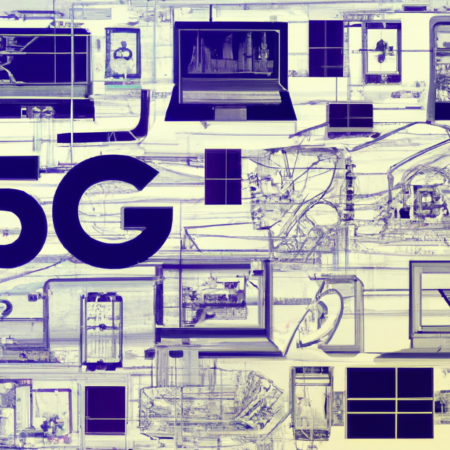Revolutionary Tech: Milestones That Shaped the Digital World
As we navigate through the second quarter of 2025, it’s imperative to look back at the technological milestones that have sculpted our current digital landscape. This journey through tech history not only highlights the evolution of technology but also underscores the pivotal breakthroughs that continue to influence our everyday lives.
The Birth of the Internet
The inception of the Internet during the late 20th century marked a pivotal turning point in tech history. Initially developed as a project by the United States Department of Defense, it evolved into a global network connecting millions, then billions. This foundation paved the way for innovations such as the World Wide Web, introduced by Tim Berners-Lee in 1989, which democratized information like never before.
Smartphone Revolution
The introduction of smartphones redefined personal communication. Apple’s launch of the iPhone in 2007 and subsequent Android devices brought computing power directly to our palms, integrating capabilities beyond mere voice communication—applications, internet browsing, and multimedia features became staples in everyday gadgets.
Artificial Intelligence and Machine Learning
Artificial Intelligence (AI) and Machine Learning (ML) have dramatically altered various sectors including healthcare, automotive, and financial services. AI advancements in the early 21st century enabled machines to learn from vast amounts of data, leading to more effective decision-making processes and automation in industries previously reliant on human expertise.
Quantum Computing
Quantum computing, still in its developmental stages as of 2025, promises to revolutionize problem-solving in fields like cryptography and complex modeling. This technology leverages the principles of quantum mechanics to process information at speeds unattainable by traditional computers.
Blockchain and Cryptocurrencies
Blockchain technology emerged as a robust platform for digital transactions with the introduction of Bitcoin in 2009. As cryptocurrencies gained popularity, blockchain’s potential for providing secure, decentralized transaction ledgers became apparent, influencing sectors like banking, real estate, and legal.
Looking Forward
As we continue to forge ahead, the landscape of technology is bound to evolve with upcoming innovations such as 6G telecommunications, advanced biotechnologies, and continued AI enhancements. Understanding our past helps us navigate the future, ensuring we leverage these technologies to foster a more connected and efficient world.






